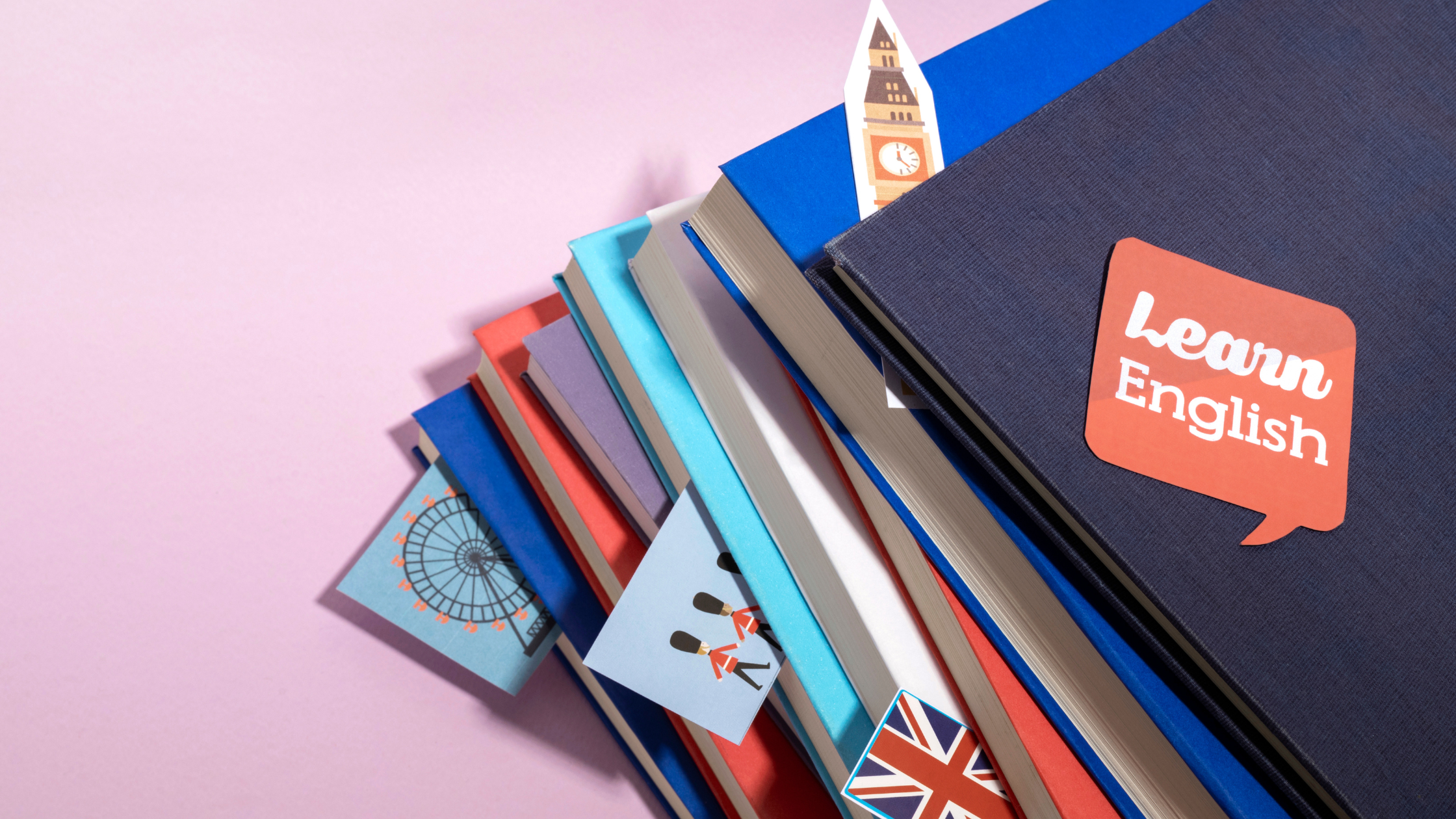
One of the most popular languages in the world is certainly English. English is the third most spoken language in the world and the language most people learn. Like any other, it also has a large number of interesting features, we have singled out only a few.
For example, did you know that:
- the English language does not use grammatical genders❓
- the shortest complete sentence is "Go!" (Go!)❓
- Queueing is the only word with five consecutive vowels❓
Hundreds of new words are added to the English language every year.
There is a group of people who track it and count how many words there are in the English language: The Global Language Monitor. They currently claim that there are 1,005,366 words in the language, after the millionth word was announced on June 10, 2009. This means that in the past approximately 10 years, 5,366 words have been added to the language, or about 536 words per year. That's about two words a day...", as Quora says. This varies considerably; in fact, over 535 words were added to the Merriam-Webster dictionary in 2020 alone.
"E" is everywhere!
The most common letter in English is "E". Across all 240,000 words in the Concise Oxford English Dictionary, the letter E was found to appear in approximately 11% of all words used in everyday speech, around 6,000 words more than second place. letter - A.
Moreover, E is the most used letter on the keyboard and the second most popular key after the space bar. It is one-third of the most commonly used word in the English language - "the" - and appears in the most common English noun "time", the most common verb "be", in ubiquitous pronouns like he, she, me, we, not to mention dozens thousands of words ending in -ed and -es.
The most common consonant in the English language? R, followed by T.
"The quick brown fox jumps over the lazy dog" contains all 26 letters of the English alphabet.
Therefore, it is often used for testing keyboards and typewriters.
Some English words only exist in the plural.
Can you name some?
Glasses
Binoculars
Scissors
Shears
Tongs
Jeans
Pajamas
Trousers
There are still a lot of them, but that is not so strange considering that we also have them in our language.
The combination of letters "ough" can be pronounced in 10 different ways
Over the centuries, English spelling has been inconsistent, causing the pronunciation of vowels (and even some consonants) to change drastically. That, plus the fact that English has borrowed words from many languages around the world, means that combinations like these have developed in many different ways.
The following sentence contains them all: “A rough-coated, dough-faced, thoughtful plowman strode through the streets of Scarborough; after falling into a slough, he coughed and hiccoughed.
The longest word you can make with just four letters is "senseless".
Using the letters B, A and N you can write BANANA, a word that has six letters, also the six letter word SEEDED is written with only three letters S, E and D.
The longest words without repeating letters are “dermatoglyphics,” “misconjugatedly,” and “uncopyrightables” (but you probably won't be using any of those words in a sentence anytime soon!).
English is NOT an official language of the United States of America
Many multilingual countries have one official language, but the US has never done so with English. In fact, the US does not have an official language at the federal level.
Don't believe us? Wikipedia will confirm this, check it out!
The most complex word in the English language is "run".
When the first edition of the Oxford English Dictionary was published in 1928, the word with the most definitions was “set.” This little word had over 430 definitions and took up 24 pages of this dictionary.
However, it later overtook the word "path", and eventually the word "run" took the lead... Linguists believe that this evolution is partly the result of technological progress (for example, 'a train runs on tracks' and 'an iPad runs apps ' )
If you were to write all the numbers (one, two, three,…), you wouldn't use the letter "b" until the word "billion".
You can also write every number up to "1000" without using the letter "a".
Whether you like the English language or not, you have to admit that it is interesting and that you need it. There is always something new and fascinating to learn and we hope that these facts about the English language that you did not know will inspire you to keep learning and conquering new horizons!